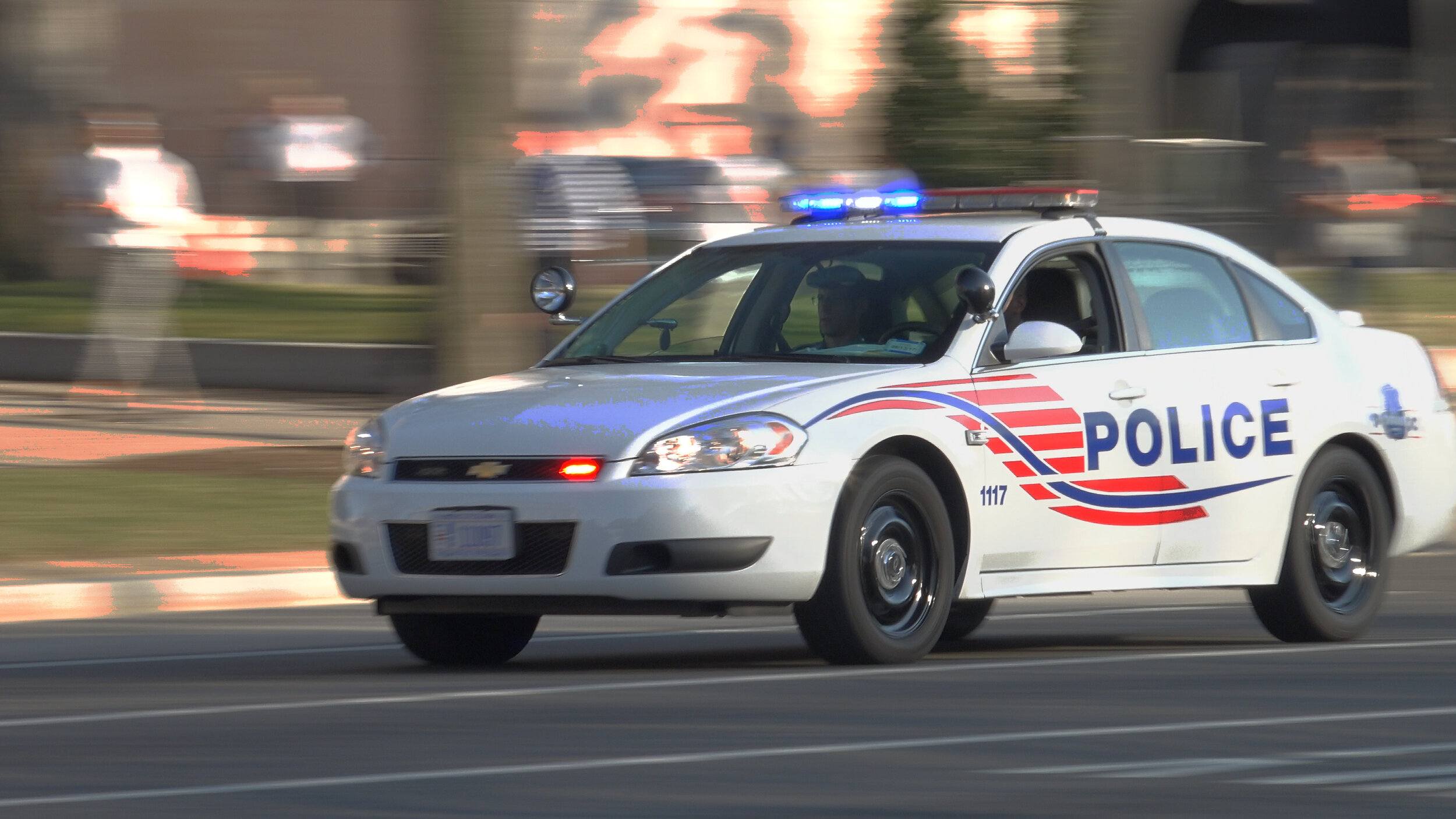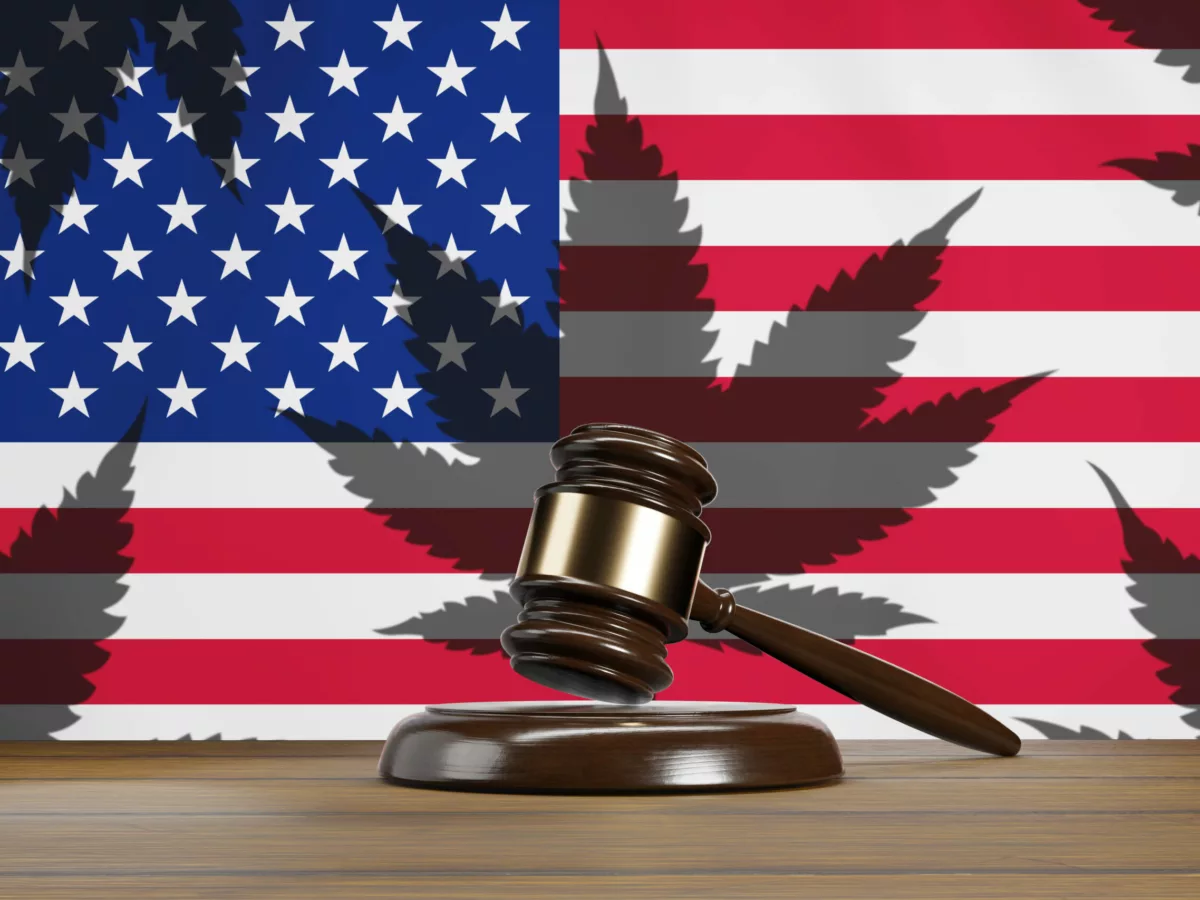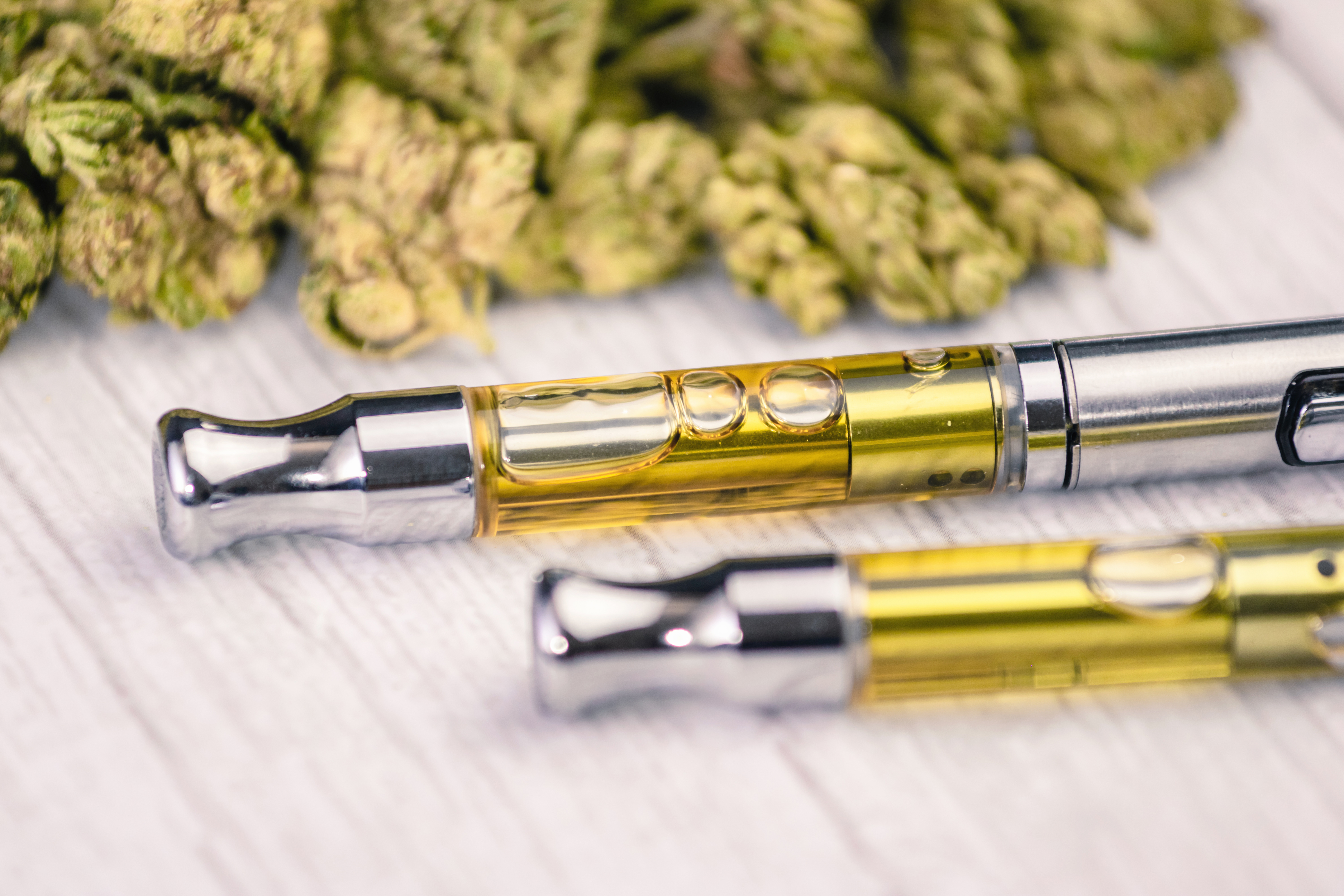Last week, a statement released by the Fair and Just Prosecution (FJP), an organization focused on progressive change among prosecutors, recommended that amid the spread of Coronavirus, older and other especially vulnerable inmates be released and overall, law enforcement reduce the number of arrests and “stop admitting people to jail absent a serious risk to the physical safety of the community.” In other words, police should focus even less on nonviolent offenses–which would include arrests related to cannabis.
The statement was signed by more than 30 prosecutors, including Baltimore City State’s Attorney Marilyn Mosby, who has since last year already encouraged the Baltimore Police Department to stop arresting people for cannabis possession by announcing that her office would not be charging people arrested for possession. On March 18, Mosby announced that prosecutors in the State’s Attorney’s Office (SAO) would drop pending charges and not prosecute a number of crimes including drug possession, attempted distribution, prostitution, trespassing, minor traffic offenses, open container and urinating in public.
Baltimore’s Office of the Public Defender praised Mosby’s decision: “Ongoing detention during this public health crisis threatens the lives of our clients and creates conditions that will exacerbate the spread of this pandemic,” District Public Defender for Baltimore City Kirsten Gettys Downs said in a statement. “The urgency of the current situation requires leadership throughout Baltimore. The State’s Attorney’s exercise of her authority to reduce the detention population and focus on more serious cases will save lives.”
Later on however, Baltimore City’s SAO explained that the policy would only apply to those arrests since the announcement, so if you were arrested in Baltimore City for cannabis possession, your charges would not be dropped.
The Baltimore Police Department, in response to Mosby, announced it would encourage officers to “[use] their discretion to further minimize arrests on low-level and non-violent offenses, especially those outlined in the State’s Attorney letter.” As The Outlaw Reported earlier this month, the SAO, as per its non-prosecution policy, did not charge 219 people for cannabis possession since the start of 2019. That also means BPD arrested 219 people for cannabis possession knowing these arrests would not result in charges.
Harriet Smith, executive director of the Baltimore Harm Reduction Coalition (BHRC), praised Mosby’s announcement about reducing arrests amid the pandemic but was worried about what BPD discretion might look like.
“So we hear that police are being encouraged by superiors not to bother as much with petty arrests,” Smith said during a BHRC meeting last week. “But as we know police have incredible amounts of discretion and a variety of attitudes given whatever their superiors might be telling them and the law itself.”
Publicly available data about BPD arrests on the website Open Baltimore, has not been updated since March 3, so there is no way to determine how individual officers are actually using their discretion amid this pandemic.
Washington, D.C. Attorney General Karl Racine also signed onto FJP’s letter and there have already been stark differences in how the Metropolitan Police Department (MPD) handled cannabis arrests two weeks ago and last week.
Criminal justice website The Appeal reported that in D.C.,where cannabis is legal though without a regulatory market—but instead a grey market that allows home cultivation and gifting—there were, “at least 170 people were arrested and booked in Washington, D.C., in the midst of the COVID-19 epidemic, many on low-level charges,” over the weekend of March 13-15. Included among these arrests were misdemeanor cannabis distribution, The Appeal said.
The Outlaw Report has since learned of a man arrested in Washington D.C. last week for felony-level possession of cannabis. He was stopped by a police officer, found to be in possession of a little over six ounces of cannabis but was not arrested and was ultimately let go. In one D.C. jail last week, it is estimated 50 inmates came in contact with a U.S. Marshall who tested positive for the Coronavirus. They have all been quarantined along with 15 other personnel. A lack of resources and assistance regarding the exposure resulted in a vote of “no confidence” from the D.C. Department of Corrections Labor Committee of the Fraternal Order of Police regarding jail leadership.
And in Virginia, where cannabis is decriminalized, four prosecutors signed FJP’s statement. They were Buta Biberaj, Commonwealth’s Attorney of Loudoun County; Parisa Dehghani-Tafti, Commonwealth’s Attorney of Arlington County and Falls Church; Jim Hingeley, Commonwealth’s Attorney of Albemarle County; and Stephanie Morales, Commonwealth’s Attorney of Portsmouth.
At a press conference last week, Brian Moran, Virginia’s Secretary of Public Safety and Homeland Security encouraged police to “consider alternatives to incarceration,” such as a summons rather than taking someone into custody.
“We are encouraging the use of a summons. That means when an officer comes in contact with an individual to use the summons instead of a custodial arrest if public safety dictates,” Moran said. “Second we would ask our magistrates and judges to consider alternatives to incarceration. Something in the parlance of an attorney, use the personal recognizance bond. Allow people to remain out and not incarcerated. Third we would ask our judges and prosecutors to consider modifying sentences for low level offenders to modify a sentence, alternative to incarcerations. An example would be home electronic monitoring.”
The next step for cannabis advocates, once this pandemic is over, is capitalizing on this moment where law enforcement essentially admits there is no need to police low-level offenses such as cannabis possession, and make such policies permanent.
Photo of Washington D.C. police cruise by backdc / Shutterstock






